Freshwater Fishing Safety
Freshwater fishing safety is important for yourself, as well as for the other fishermen, women and children around you.
Some people are complete risk takers and throw caution to the wind. Those people are just careless and don't give a second thought about the outcome.
What they often may not realize is that they can put others in danger, as well as themselves. It's bad enough to risk hurting yourself, but can be just as devastating to put others in harm's way.
Importance Of Fishing Safely
Safety begins with you and I...
We should always use safe cautionary measures in everything we do in life, including freshwater fishing. And continue to teach our children the importance of safety while out on the water.
Nearly every job that I've been involved in has stressed safety first. The same goes for the instructions and manuals that are included in many items which we purchase from the store. Most of the labels on our fishing tackle has safety warnings as well.
Fishing isn't such a dangerous sport, but it can be
if you allow it to be, or if some knucklehead out on the water decides
to get senseless. On the other hand, there are occasions when freak
accidents naturally do occur, but those odds are really quite low.
Safe Fishing Requirements
Here is a list of a few things you should abide by. Some of
these are fishing laws and requirements set forth in various waterways
throughout the world. If they're not law enforced in your neck of the
woods, at least consider the importance of them. Some of them are
simply just common sense.
Fishing and Boating Safety Tips
- No drinking or using drugs while driving a boat.
- Use a life vest while boating. (Also know as personal floatation devices, or PFD”s)
- Underage children should wear a life preserver on a boat at all times.
- Abide by boat speeds and wake zone laws.
- Stay alert of debris, stumps, boulders when boating.
- Stay off of the water if there are lightning storms.
- Use your boat lights at night.
- Keep an extra fully-charged battery on board.
- It helps to know how to swim.
- Use caution with hooks, like baiting, knot tying, rigging.
- Don't fish in unrestricted zones.
- Look around you before each cast.
- Be sure you keep your area organized and clean.
- Carry maps of the areas you will be at.
- Bring a cell phone.
- Stay hydrated.
Fishing Preparation and Safety Tips
You never know when the weather might take an unexpected turn. A storm may roll in, or it might heat up more drastically than you thought it would. Insects can be an irritable problem too.
The best way
to combat that while out on the water is to come prepared with protective gear and safety equipment, especially a first aid kit.
Safety Equipment
- First Aid Kit
- Bandages
- Gauze
- Tape
- Antiseptic
- Scissors
- Pain Reliever
- Hook Remover Kit
- Life Preservers
- Water
- Flashlights
- Flares
- Lighter
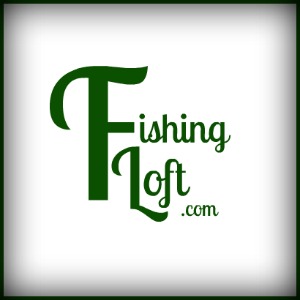
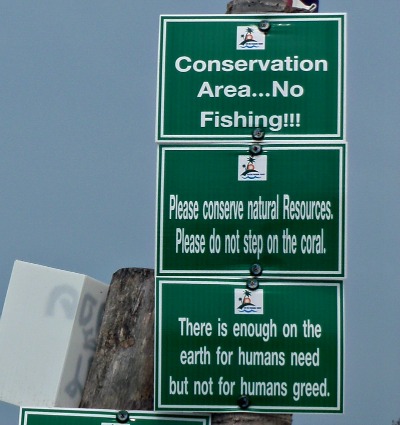

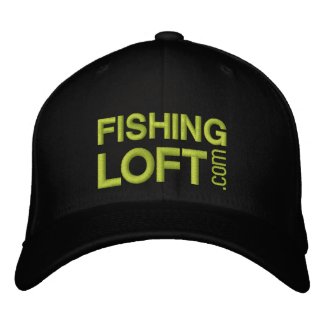

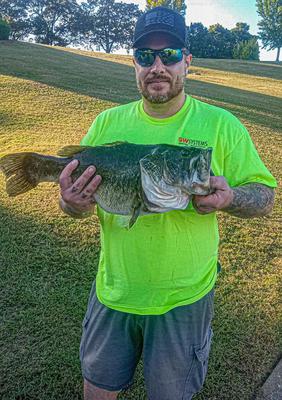
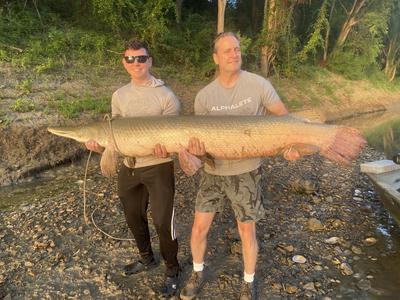
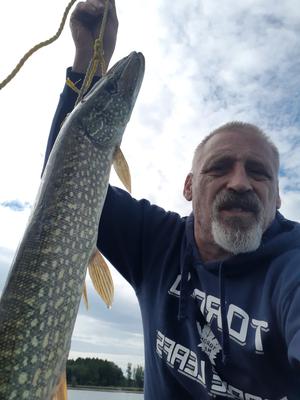
Facebook Comments
Leave a comment, question or tip in the box below.